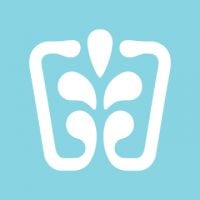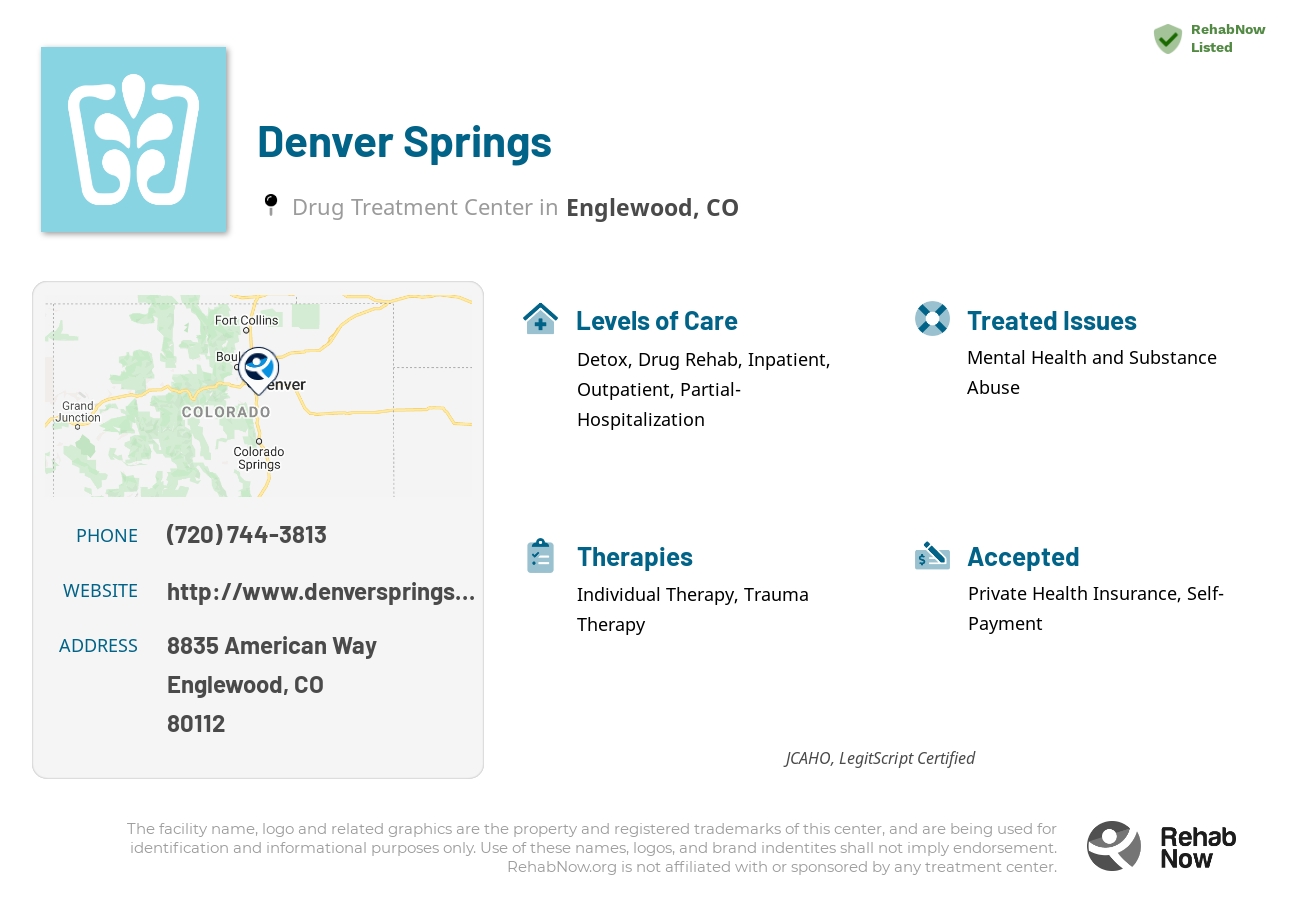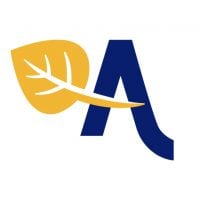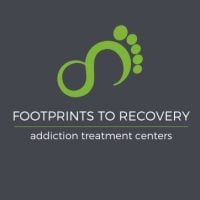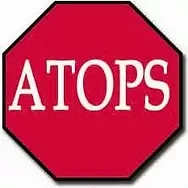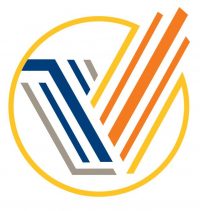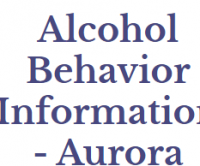Denver Springs
Drug Rehab Center in Englewood, Colorado
Denver Springs is a medically supervised, JCAHO and LegitScript accredited addiction treatment facility in Englewood, Colorado providing a variety of levels of care including detoxification, dual-diagnosis treatment, intensive outpatient care, partial-hospitalization and inpatient services with private health insurance accepted.
About Denver Springs in Colorado
Denver Springs, nestled in Englewood, Colorado, is a private rehab facility with a primary focus on mental health and substance abuse treatment. It stands out for its evidence-based, transformational care approach in a compassionate, comfortable setting. The center is dedicated to helping individuals struggling with addiction and mental health issues find a path to recovery.
Accredited by the Joint Commission on Accreditation of Healthcare Organizations (JCAHO) and LegitScript, Denver Springs upholds high standards of care. This facility offers a comprehensive range of treatment options, including detoxification, intensive outpatient programs, and inpatient care, tailored to meet the unique needs of each individual.
- Evidence-Based Treatment: Denver Springs employs proven methods to ensure the most effective care for addiction and mental health disorders.
- Comprehensive Care Levels: From detoxification to outpatient support, the facility provides a continuum of care to support recovery at every stage.
- Personalized Treatment Plans: Recognizing the uniqueness of each individual’s journey, Denver Springs offers customized treatment plans to address specific needs and goals.
Denver Springs addresses a variety of issues, including drug addiction, alcoholism, dual diagnosis, and opioid addiction. Treatment methods range from medical detox to intensive outpatient and inpatient care, ensuring a holistic approach to recovery for each individual.
Genders
Ages
Modality
Additional
Accreditations

LegitScript

JCAHO
Conditions and Issues Treated
Many people need to recover from substance abuse to live a healthy life. In the end, if you can get through all the steps: detoxifying your body, rehabilitation after some time or when needed (depending on the type), and recovery while also receiving therapy support throughout the process, it can be worth it.
A detoxification center is a common place to start the recovery process from substance abuse. With your body and mind restored, you can continue to heal without the lingering effects of drugs.
Many people who struggle with opioid addiction need to attend specific programs like methadone , Suboxone or Vivitrol clinics.
These types of programs will provide the patient with legal, prescription medications that can help them overcome their cravings for illegal opioids like heroin or fentanyl . If the patient has a chronic condition like Hepatitis C, they must undergo treatment before they can begin taking these medications.
Dual Diagnosis is a specific relationship between two or more disorders that have the same symptoms and can sometimes be treated together. This is used in the treatment planning process when dealing with drug addicts. Dual diagnosis can be viewed as a chronic medical condition that has comorbid psychiatric disorders.
Although addiction and a mental illness may have separate symptoms that are not easy to detect, they often go hand in hand. Many times, drug abuse is a direct result of the mental illness. In other words, treating the addiction will not resolve all of your issues. Unless you also treat the underlying mental illness, you will not be successful in achieving sobriety.
Levels of Care Offered
This center offers a variety of custom treatment tailored to individual recovery. Currently available are Detox, Dual-Diagnosis, Inpatient, Intensive Outpatient, Outpatient, Partial-Hospitalization, with additional therapies available as listed below.
Detox refers to the progressive elimination from the body of toxins. The detox period depends on the form of addiction, the length of drug abuse, and the state of health. Under the supervision of medical practitioners, MAT detox based in Englewood, CO requires the use of medications.
Inpatient treatment is an intensive program that takes place when a patient checks into a rehabilitation facility. The treatment includes detoxification and counseling sessions, which are round the clock. Outpatient treatments are also available, but inpatient care is advised as the first step of rehabilitation.
Intensive rehab ensures the patient stays in a substance-free atmosphere, improving treatment success rates. The patient participates in group therapy for motivation from other patients who have overcome addiction. Family members are also involved in providing emotional support throughout the program.
An intensive outpatient program is usually the first phase of addiction treatment. It provides relief for those who are addicted, but are not ready to commit to an inpatient setting. Typically, the patient lives at home and is able to work or go to school. IOPs consist of a daily 3 to 5-hour program, and there is a required number of hours per week. Most patients go to IOP between 20 and 40 hours per week. The patient attends group counseling and individual therapy throughout the duration of treatment. They also meet daily with their therapist to discuss how it’s going and where they are in the recovery process.
The goal here is to teach patients healthy coping skills, such as stress management and identifying thoughts and behaviors that lead to relapse. The implementation of these skills will be useful as the individual transitions into the next phases of treatment.
An outpatient treatment program is set up to help with alcohol or drug addiction, or a co-occurring disorder. The patient must attend the Colorado facility for their therapy and other programs but are able to return home each night. The frequency of mandatory attendance decreases after much of Denver Springs‘s program is complete.
Therapies & Programs
Individual Therapy is a critical component of addiction recovery. Therapists work with patients to identify the root of their addiction and figure out how to better handle the issues that led to them using drugs. Individual Therapy is the one-on-one session where people meet with their therapist. Individual therapy provides a safe space for people to open up and discuss personal and sensitive topics which they may not feel comfortable discussing in a group setting.
Trauma therapy is a clinical process that helps individuals deal with mental stress often caused by traumatic events. It is generally done for children, teenage victims of sexual assault, and war veterans. The therapist helps the person identify, understand and work through the problem. This is done with the help of talking about it in group or one-on-one counseling sessions. Therapists use relaxation, role-playing, art, and music to help the person open up about what is bothering them.
Dialectical Behavior Therapy (DBT) is used by drug treatment centers across the United States to help drug addicts become sober. DBT combines traditional behavioral treatments with elements from DBT, including dialectics, distress tolerance, and interlocking issues. It is commonly used to treat Borderline Personality Disorder (BPD) along with substance abuse disorders. The four DBT modules are mindfulness, interpersonal effectiveness, emotion regulation, and distress tolerance.
Training in improved life skills helps those recovering from addiction feel more capable of self-care. Denver Springs are daily skills that give the person the tools they need to survive.
The therapy covers practical activities like cooking, job hunting, social interaction, and money management, helping to fill in the knowledge gaps caused by addiction.
These life skills help the person self-manage their recovery and stay on track. It also reduces relapse risk as they gain confidence in their day-to-day abilities.
Patient Experience
Creative Arts
This type of therapy can help addicts manage anxiety, stress, and other negative feelings. It typically involves the use of art materials to express thoughts and emotions that might otherwise be difficult for an addict to discuss with another person.
During these types of sessions at Denver Springs, addicts will typically work with a therapist or support group leader to create pieces of art. For instance, they might draw pictures, paint, sculpt, and so on. During the process, addicts are encouraged to talk about what led them to substance abuse in the first place.
Experiential Therapy at Denver Springs
Experiential therapy is another form of treatment that helps addicts overcome their addiction. This type of service typically involves hands-on activities with the focus on physical experiences instead of emotions or beliefs.
Some examples include art therapy, equine therapy and music therapy. Each of these forms of experiential therapy can provide unique ways for addicts to channel their feelings and work through their demons. This type of therapy also allows addicts to develop meaningful emotional connections with others, which can prevent them from resorting to relapse as a coping mechanism.
Payment Options Accepted
For specific insurance or payment methods please contact us.
Is your insurance accepted?
Ask an expert, call (888) 674-0062
Additional Details
Specifics, location, and helpful extra information.
Englewood, Colorado 80112 Phone Number(720) 744-3813 Meta DetailsUpdated April 15, 2024
Staff Verified
Is Denver Springs a LegitScript Verified Treatment Facility?
According to our most recent records, we have found this center to be LegitScript verified.
Denver Springs Patient Reviews
There are no reviews yet. Be the first one to write one.
Englewood, Colorado Addiction Information
The Centennial State has slipped to a ranking of 12th in the country for drug abuse. Each year around 24% of the state's population uses illegal drugs while nearly 5% of its population abuses alcohol. Substance-related deaths in Colorado were responsible for 15.12% between 2008 and 2017. Fortunately, Colorado drug and alcohol addiction treatment are available to help a person overcome addiction.
In 2016, there were 577 opioid-related overdoses in Englewood, Colorado. Drug overdoses killed more than 64,000 men and women in 2016. Over 1,000 drug-related arrests were made in the past year. Nearly 2,000 people were admitted to local hospitals for issues related to drug abuse. There are several rehabilitation facilities in Englewood and the surrounding area.
Treatment in Nearby Cities
- Yuma, CO (118.3 mi.)
- Fairplay, CO (66.8 mi.)
- Arvada, CO (21.9 mi.)
- Cascade, CO (46.3 mi.)
- Idaho Springs, CO (38.7 mi.)
Centers near Denver Springs
The facility name, logo and brand are the property and registered trademarks of Denver Springs, and are being used for identification and informational purposes only. Use of these names, logos and brands shall not imply endorsement. RehabNow.org is not affiliated with or sponsored by Denver Springs.
